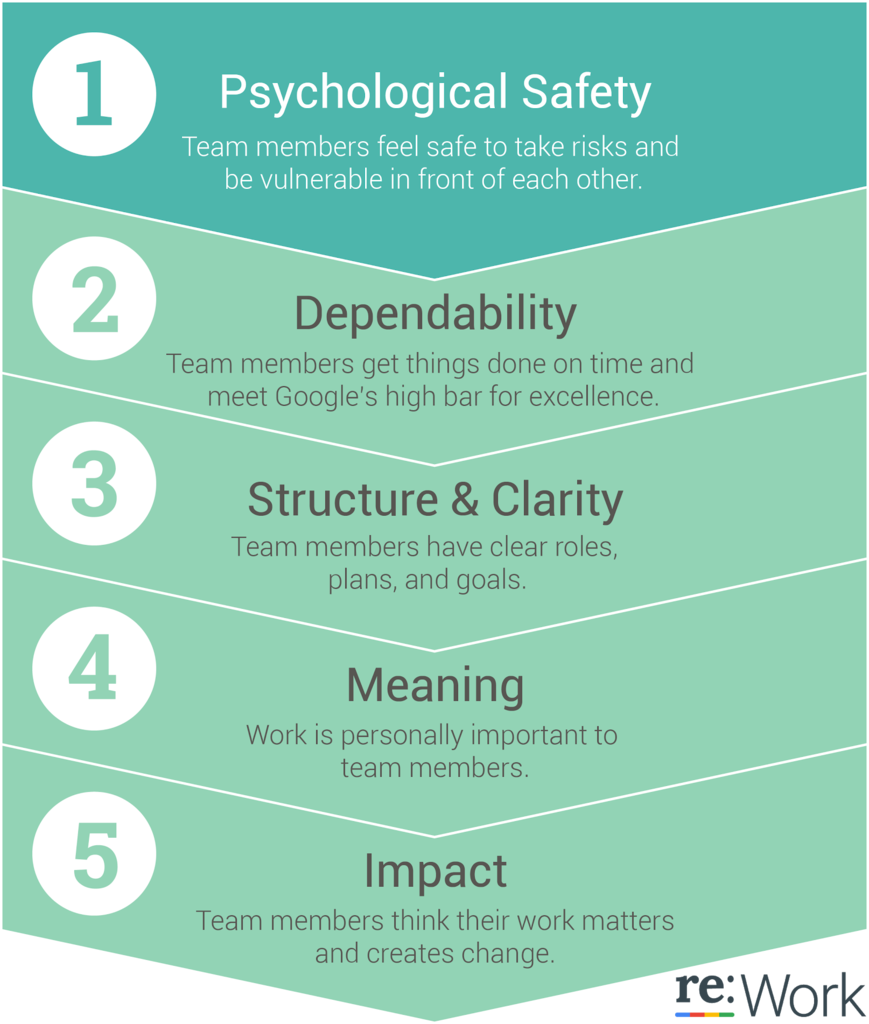Organizations are full of contradictions. A very fundamental one is that value creation depends on cooperation, whereas culture is usually oriented towards competition. The desired productive teamwork thus degenerates into the envious opposition of a zero-sum game in which the gain of one is the loss of the other.
Drive out fear, so that everyone may work effectively for the company.
W. Edwards Deming
The never-ending struggle for budget, headcounts (sic!), position, influence, power and prestige causes plenty of frustrating friction even in good times. In times of crisis, however, the full toxic effects of such a culture, based on competition and ultimately fear, unfold. The threat posed to the organization by external circumstances (competitors, new business models, a pandemic, etc.) requires inner unity in the fight against it. But if you don’t trust the other department even in good times, you can’t rely on trustful and unconditional cooperation in case of a crisis.

Effective teamwork and value creating cooperation needs safety. Only when the members of a group trust each other and feel secure enough to speak their minds openly and take risks, will the whole become more than the sum of its parts. This psychological safety is the most important factor influencing the effectiveness of teams, as Google found out in Project Aristotle. This main principle of psychological safety is followed at some distance by dependability (can we be sure that everyone does quality work on time?), structure and clarity (are team members’ goals, roles and plans clear?), meaning (are we working on something that is important to everyone in the team?) and finally the impact (do we believe that the work makes a difference?).
Leadership is a choice. It is not a rank. I know many people at the seniormost levels of organizations who are absolutely not leaders. They are authorities, and we do what they say because they have authority over us, but we would not follow them. And I know many people who are at the bottoms of organizations who have no authority and they are absolutely leaders, and this is because they have chosen to look after the person to the left of them, and they have chosen to look after the person to the right of them. This is what a leader is.
Simon Sinek
The Roman emperor Caligula was therefore wrong with his motto oderint, dum metuant (in English: Let them hate me as long as they fear me). Fortunately, there are not so many of this radical type in politics and economics today. Nevertheless, fear, competition and mistrust are more or less deeply interwoven in the culture of many hierarchical organizations. Leadership must therefore start right here, stop unhealthy competition and instead provide psychological safety. This is exactly what this TED talk by Simon Sinek is all about.





